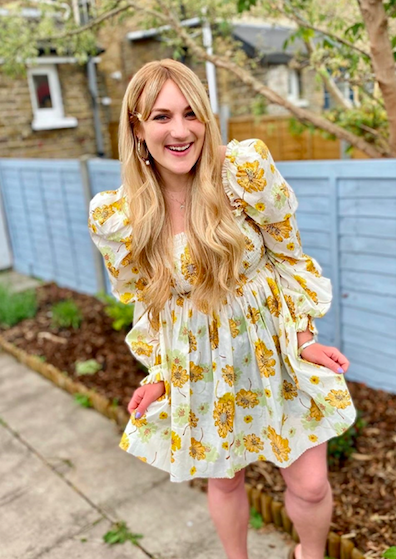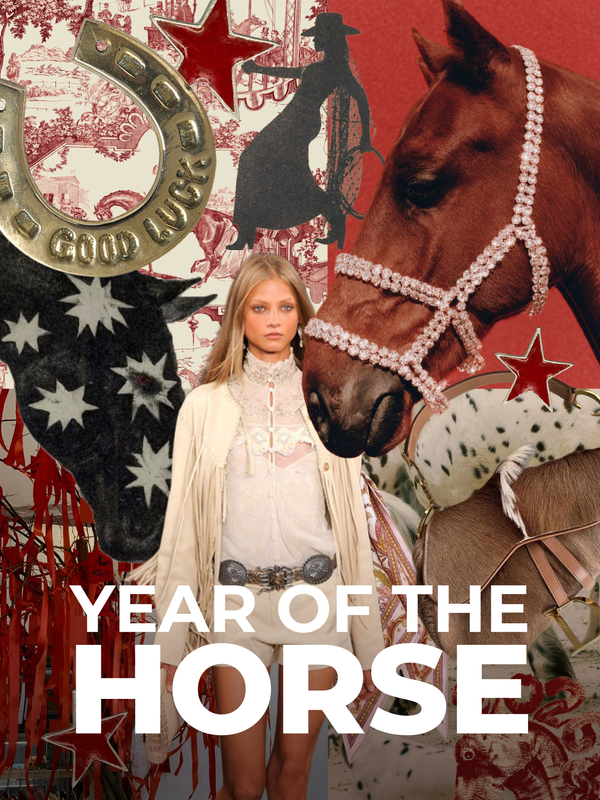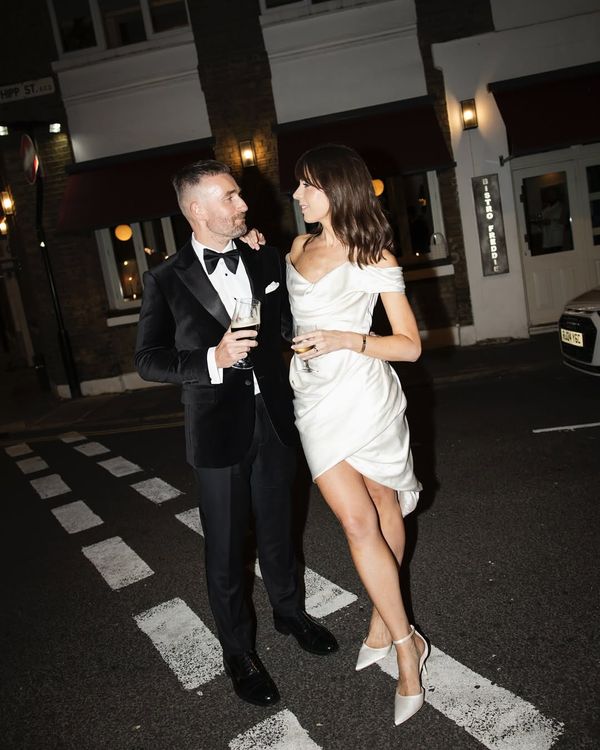Lauren is a freelance journalist and author of two books: 'What Would The Spice Girls Do?' and 'How To Break Up With Fast Fashion'. Her latest book is an incredible guilt-free guide to changing the way you consume fashion, filled with tips and tricks.
We spoke to the author about how to break up with fast fashion without breaking the bank, racism in the fashion supply chain and how the pandemic could change consumer behaviour - here's our key takeaways from the chat:
Fast Fashion items are Fast Moving Consumer Goods
The average UK consumer wears an item an average of seven times before discarding it, for a lot of people it's even less. Social Media has a huge part to play in that as we are always seeing more prompts to buy new things, but it can also be used for good, as we have seen lately, to create awareness.
Transparency is key
When you have a story and a name attached to the garment, your approach to fashion changes - "people care when they know". We have lost the emotional element to fashion and "as soon as you give people that connection to what they're wearing, a little bit of story and a humanity element, they are prepared to invest a little bit more.
Racism in fashion
Fast fashion is built on white supremacy, on colonialism and on exploiting some of the world's most vulnerable people who are mostly women of colour."When we are supporting fast fashion we are automatically supporting a racist industry, there is no getting around it". It's interesting to observe who fast fashion's pockets are lining and they are almost exclusively white men. Garment workers are 80% female, and for the most part women of colour. Only 12.5% of CEO's in fashion are female.
What we can do as consumers
Vote with your money, invest in brands that do better.
If you're thinking of buying something new, seek out black-owned brands and pay it forward.
Ask brands questions if you're unsure about their sustainability.
Rewear your items! If you extend the garments life cycle by 9 months you can reduce its carbon footprint by 30%.
Sustainable brands getting it right:
Birsdong - ethical, sustainable and size inclusive
Mary Benson - made-to-order clothing and size inclusive
Megan Crosby - ethical, made-to-order and affordable
Omnes - London based sustainable brand
Sancho's - Black Woman owned Indie Shop
Watch the full live q&a filled with even more tips & insights here:
Want to find out about our next guest and tune into our Instagram Lives? See our schedule here.






